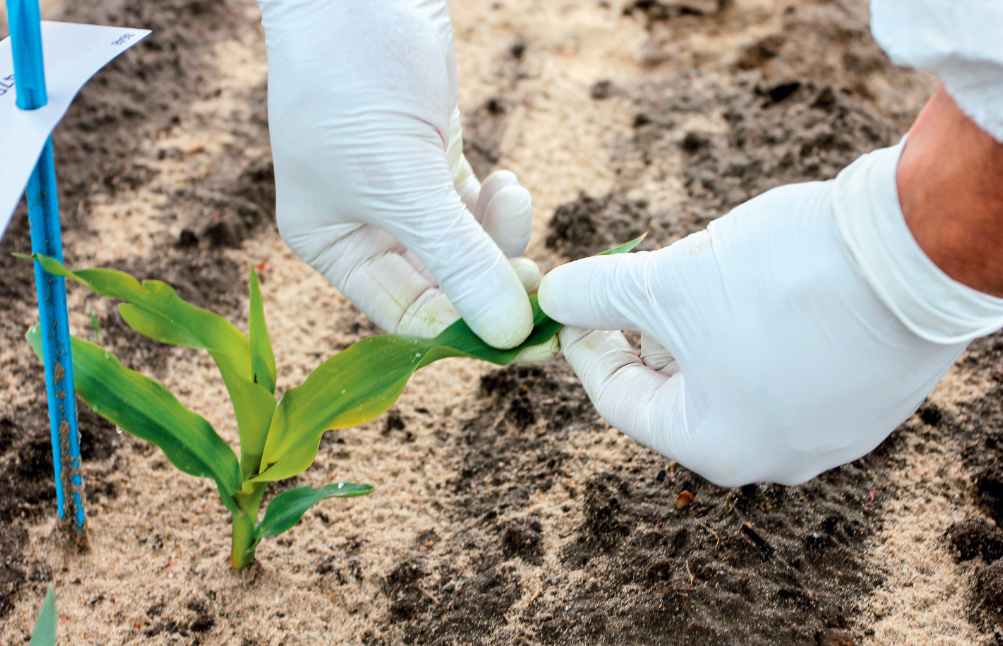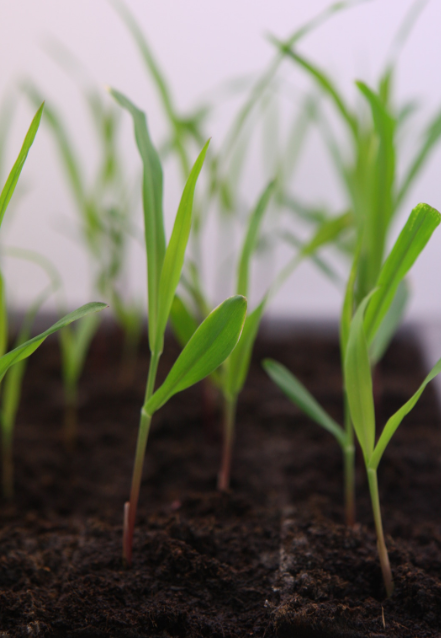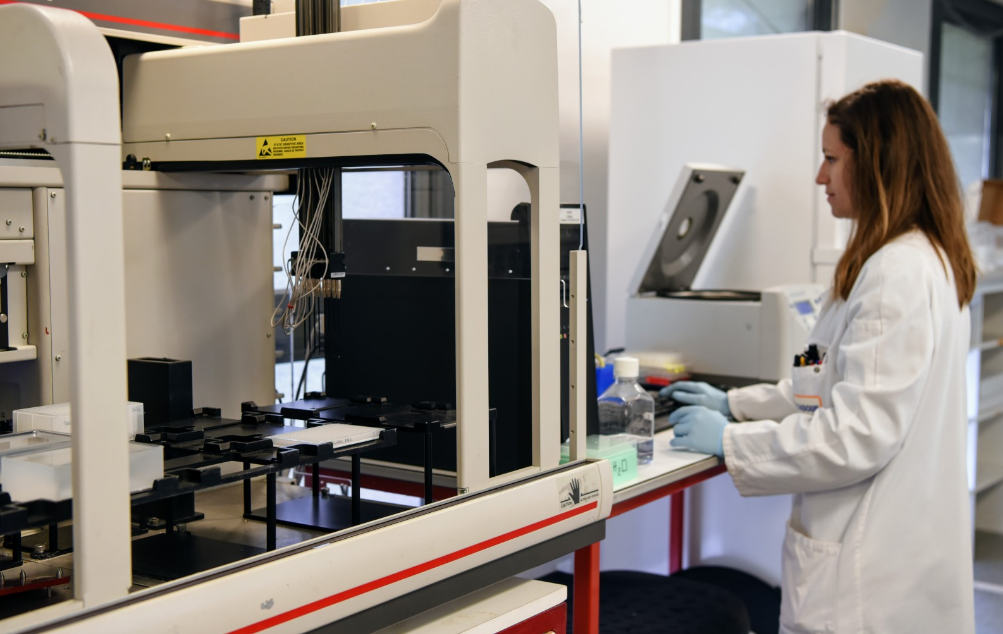IN 1949, FARMERS IN SOUTH-WEST FRANCE, THROUGH THEIR COOPERATIVE, STARTED PRODUCING CORN SEEDS...
In 1949, farmers in southwestern France, through their cooperative, began producing corn seeds to have better control over the seeds that arrived on their farms and to create solutions better adapted to the specificities of their soils. For just over a decade, the group learned to master seed production and eventually launched its first research and development activities by breeding the first corn hybrids in 1962.

A LEGACY OF COMMITMENT
Although their objectives are similar to those of 60 years ago, the work of breeders has evolved considerably. The selection, entirely phenotypic at the time, has evolved towards a more technological selection. Breeders have access to much more data than in the past – genotypic and environmental data – to help them in their decisions and best meet the needs of farmers. For the breeders, the objective remains the same: to select the best parental lines and hybrids to progress through the program to the farmers’ plots. Seek higher yields, better resistance and improve the nutritional and water efficiency of plants to boost overall production.

In the early 2000s, MAS Seeds expanded considerably in Central and Eastern Europe with the acquisition of 4 new research centers in Romania, Poland, Ukraine and Russia. Finally, in April 2019, MAS Seeds acquired a tropical corn breeding program and extended its breeding capacities to South America, Asia and West Africa.
60 YEARS OF CORN RESEARCH
With six decades of data collected on a single species, MAS Seeds has solid knowledge of the genetic potential of maize. Combining these 60 years of research with the thousands of data from R&D trials each year yields a tremendous amount of data behind every new corn hybrid released.

The gain and genetic diversity created by MAS Seeds over these 60 years has resulted in a unique germplasm that supports teams to design and develop new varieties. The development of the WATERLOCK and GREEN+ varieties are the best example of genetic innovations that MAS Seeds can offer farmers to meet climatic challenges.
Whether it’s tackling climatic challenges, optimizing the use of inputs, dealing with pests or any other problem they face, the vocation of MAS Seeds is to support farmers and find solutions to support them.
